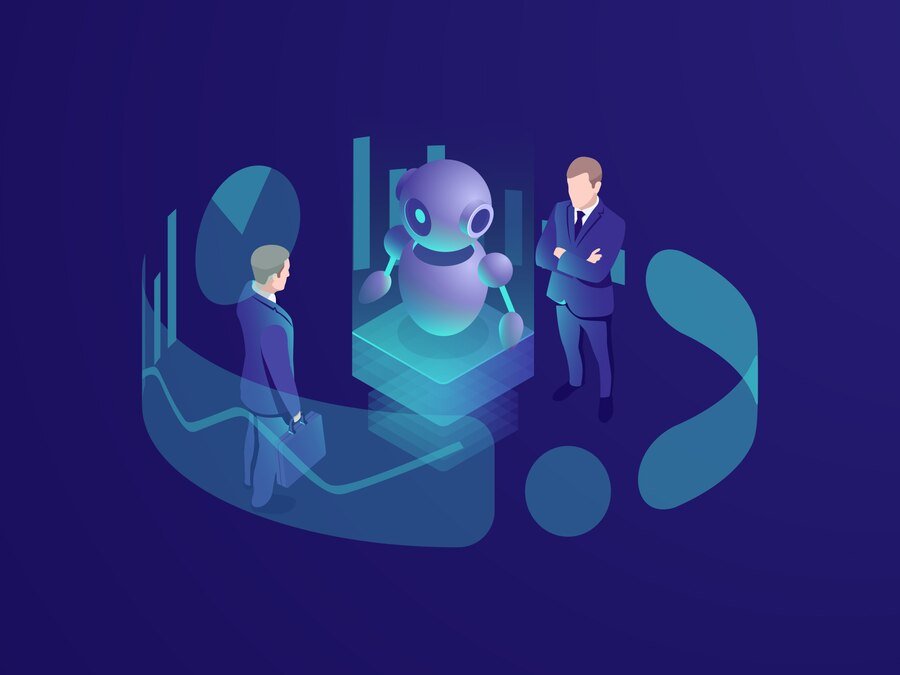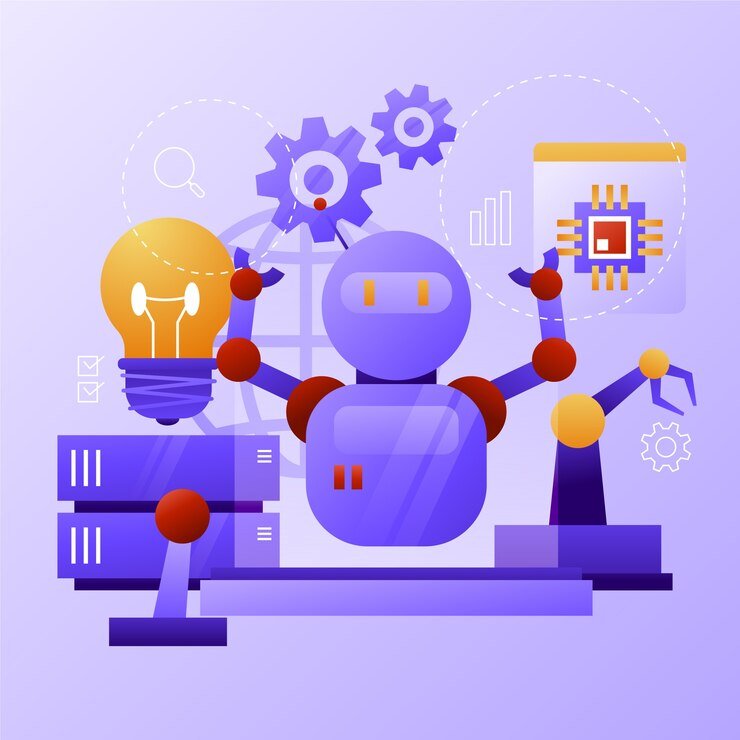Introduction to AI in Project Management
The landscape of project management is becoming increasingly complex as projects grow in scale, scope, and intricacy. Project managers face the daunting task of overseeing various elements, from coordinating team members to managing project deadlines. The integration of artificial intelligence (AI) into project management practices offers a promising solution to mitigate the challenges inherent in this field. By leveraging AI scheduling technologies, project managers can harness advanced tools that streamline processes and enhance decision-making capabilities.
AI technologies can automate routine and time-consuming tasks, allowing project managers to concentrate on higher-level planning and strategic thinking. This shift not only increases overall productivity but also reduces the risk of human error in scheduling and resource allocation. AI-driven tools are increasingly utilized to analyze data patterns and predict potential project bottlenecks. By proactively identifying these issues, project managers can devise solutions before they escalate, ensuring that project timelines remain intact.
The incorporation of AI also paves the way for enhanced communication among stakeholders. With AI scheduling tools, team members can receive real-time updates on project status, deadlines, and task assignments. This increased transparency fosters collaboration and keeps everyone aligned, which is crucial for the successful execution of any project. Moreover, AI can adapt to these changing dynamics, providing insights and adjustments to schedules as needed, which is vital in today’s fast-paced environment.
Incorporating AI into project management not only addresses existing challenges but also introduces new opportunities for efficiency and effectiveness. As we explore the various ways AI can assist project managers, it becomes clear that the future of project management will be significantly shaped by these technological advancements, empowering professionals to meet project deadlines more effectively than ever before.
Enhanced Predictive Analytics for Better Scheduling
In the realm of project management, the integration of artificial intelligence (AI) has enhanced the capabilities of predictive analytics, significantly improving project scheduling. AI leverages vast amounts of historical project data to uncover patterns and trends that many project managers may overlook. By employing various algorithms and machine learning models, AI can forecast project timelines with remarkable accuracy, allowing project managers to allocate resources efficiently.
One primary mechanism that AI utilizes in predictive analytics is data mining. This process involves analyzing past projects to identify key variables that impact project deadlines, such as team performance, resource availability, and unexpected disruptions. By creating a comprehensive model that considers these variables, AI can predict potential delays and provide project managers with timely insights. For example, if a project manager notices a pattern where certain tasks consistently fall behind schedule, AI can recommend optimal adjustments in resource allocation or scheduling to mitigate this risk.
Moreover, AI enhances predictive analytics through the utilization of real-time data. As projects progress, AI systems can continuously update their predictions based on ongoing changes in project dynamics. This capability enables project managers to stay agile, adjusting their strategies as new information becomes available. A prominent example in this field is a leading technology firm that implemented AI-driven predictive analytics to streamline its product development cycle. By forecasting potential bottlenecks and facilitating proactive measures, the company improved project delivery times and bolstered client satisfaction.
In essence, the use of AI in predictive analytics not only equips project managers with the tools needed to anticipate challenges but also fosters a more adaptive approach to project scheduling. The ability to make informed, data-driven decisions enhances the likelihood of meeting project deadlines and achieving overall project success.
Automation of Routine Tasks
In the realm of project management, the automation capabilities of AI have revolutionized the way routine tasks are executed. By integrating AI scheduling tools into their workflows, project managers can significantly streamline processes such as scheduling updates, progress tracking, and resource allocation. These automated systems not only enhance efficiency but also minimize the potential for human error, leading to more reliable project outcomes.
One prominent example of an AI scheduling tool is Asana, which leverages machine learning algorithms to assist project managers in organizing tasks and timelines effectively. By automatically updating schedules based on team performance and progress, Asana reduces the administrative burden on managers, allowing them to reallocate their focus toward strategic planning. This capability ensures that projects remain on schedule, meeting the necessary project deadlines without the repetitive task of manual updates.
Another noteworthy tool is Monday.com, which also incorporates automation features that help in task assignment and deadline tracking. By allowing the software to automatically assign tasks based on individual capacities and current workloads, project managers can ensure optimal resource allocation. This not only saves time but also fosters a more harmonious working environment, as team members have clarity about their responsibilities and deadlines.
Moreover, tools like Trello utilize AI to monitor project progress in real-time, sending automated alerts when deadlines approach or when tasks are falling behind schedule. Such proactive measures are instrumental in maintaining project timelines and can significantly enhance the overall productivity of project teams. By harnessing the power of AI in these manners, project managers can better navigate their responsibilities, ultimately delivering projects on time and within budget.
Enhanced Communication and Collaboration Tools
Effective communication and collaboration are integral components of successful project management, particularly when it comes to meeting project deadlines. With the advent of AI-driven platforms, project managers can now leverage sophisticated tools that facilitate real-time communication among team members. This not only helps to ensure that information flows seamlessly but also aids in the swift delegation of tasks, allowing project teams to operate more efficiently.
AI technology can analyze team dynamics and project requirements, automatically suggesting the most suitable channels for communication based on the context of discussions. For instance, team members can engage through instant messaging for quick queries while utilizing video conferencing tools for in-depth discussions. These capabilities reduce the chances of miscommunication which can significantly hinder progress on project deadlines.
Moreover, AI-enhanced collaboration tools often come with integrated project management features that allow teams to assign responsibilities, track progress, and share relevant documents in real-time. With centralized access to these resources, team members can remain aligned on tasks and deadlines, thus improving overall project cohesion. A prime example can be seen in industries like software development, where teams deploy agile methodologies supported by AI tools. Such technologies streamline sprints and facilitate regular updates, ensuring teams remain on track to meet milestones.
Nevertheless, the integration of AI tools does present certain challenges for project managers. Resistance to adopting new technologies, the learning curve associated with AI systems, and the necessity of constantly updating skills can pose barriers. Additionally, some team members may feel overwhelmed by AI-driven suggestions, perceiving them as intrusive rather than helpful. Thus, while AI provides invaluable enhancements to communication and collaboration, careful consideration and planning are crucial for successful implementation.



